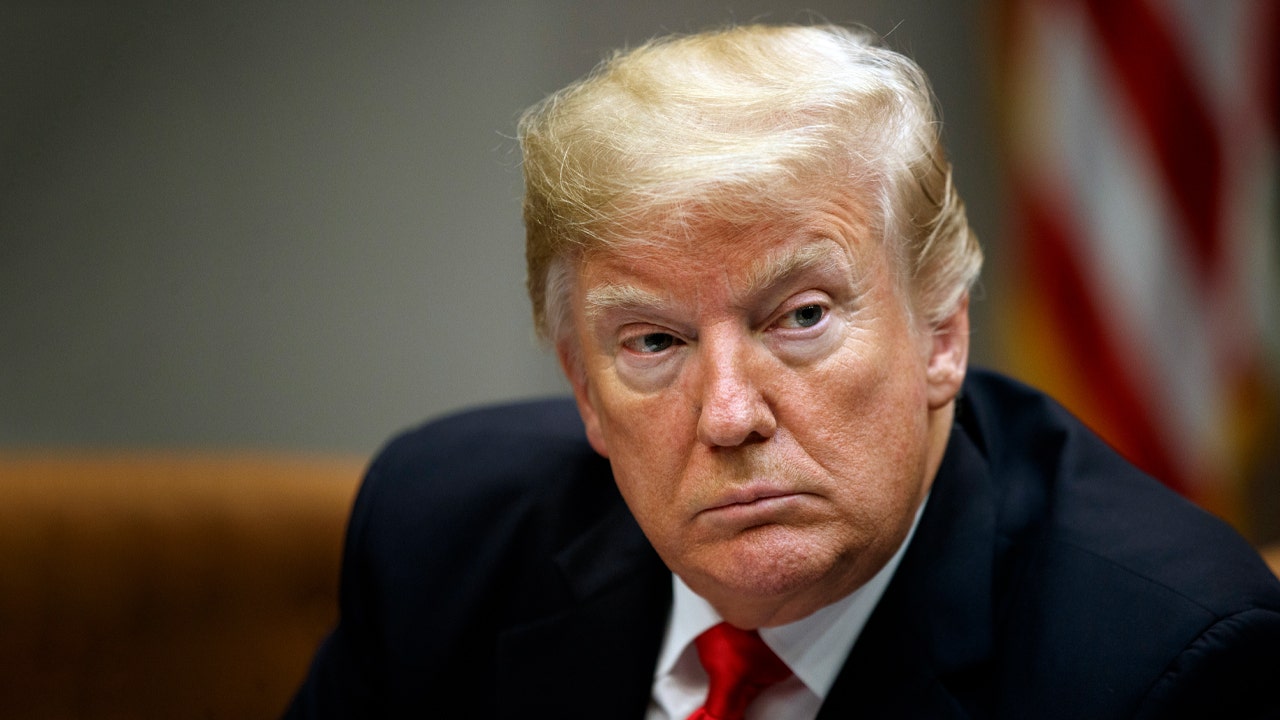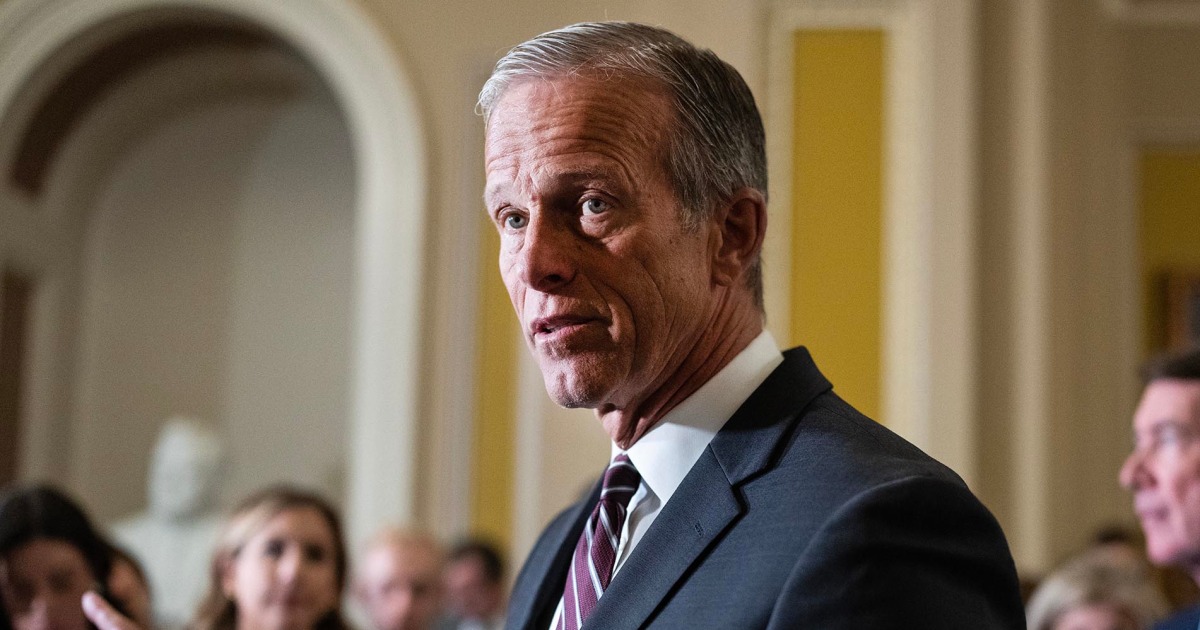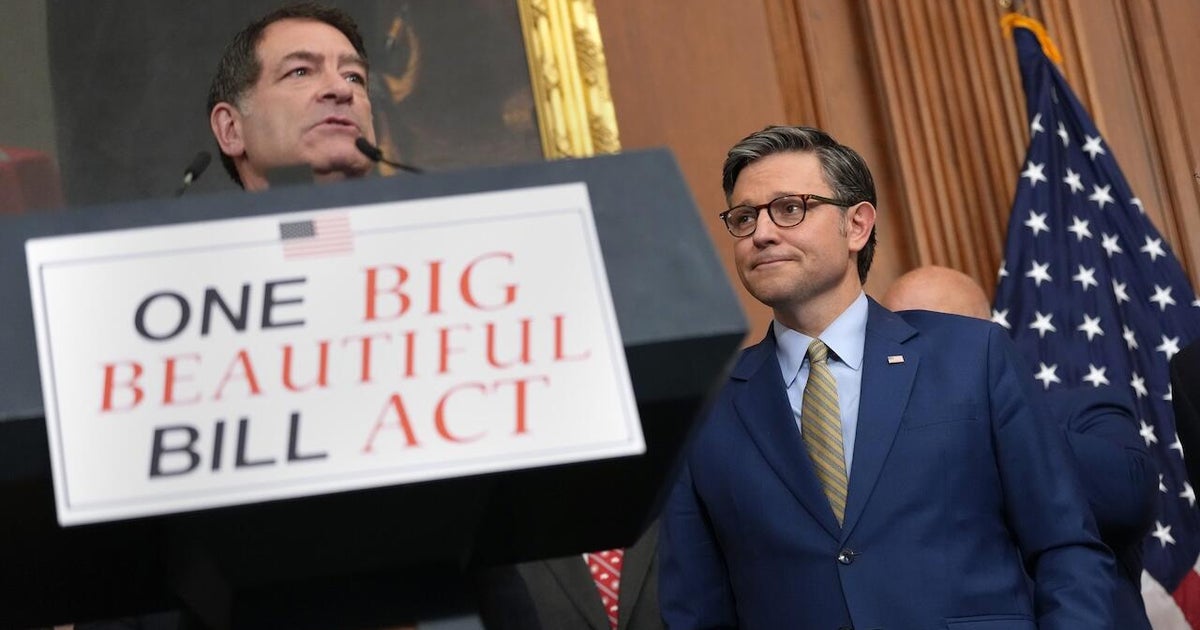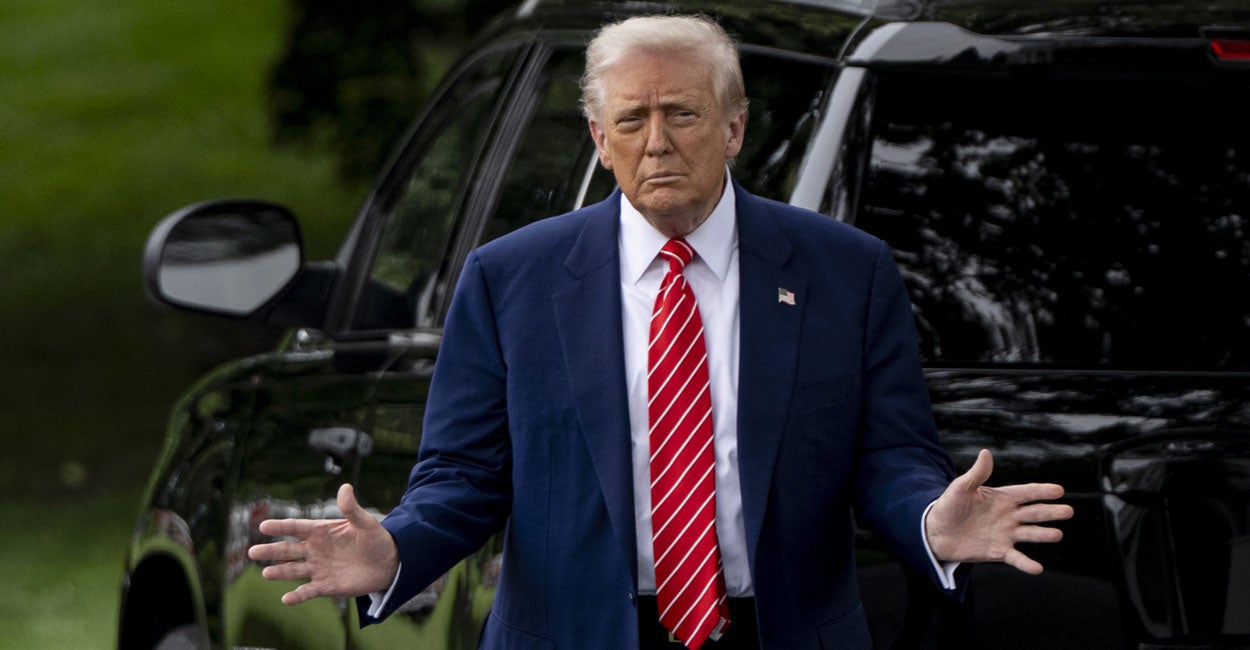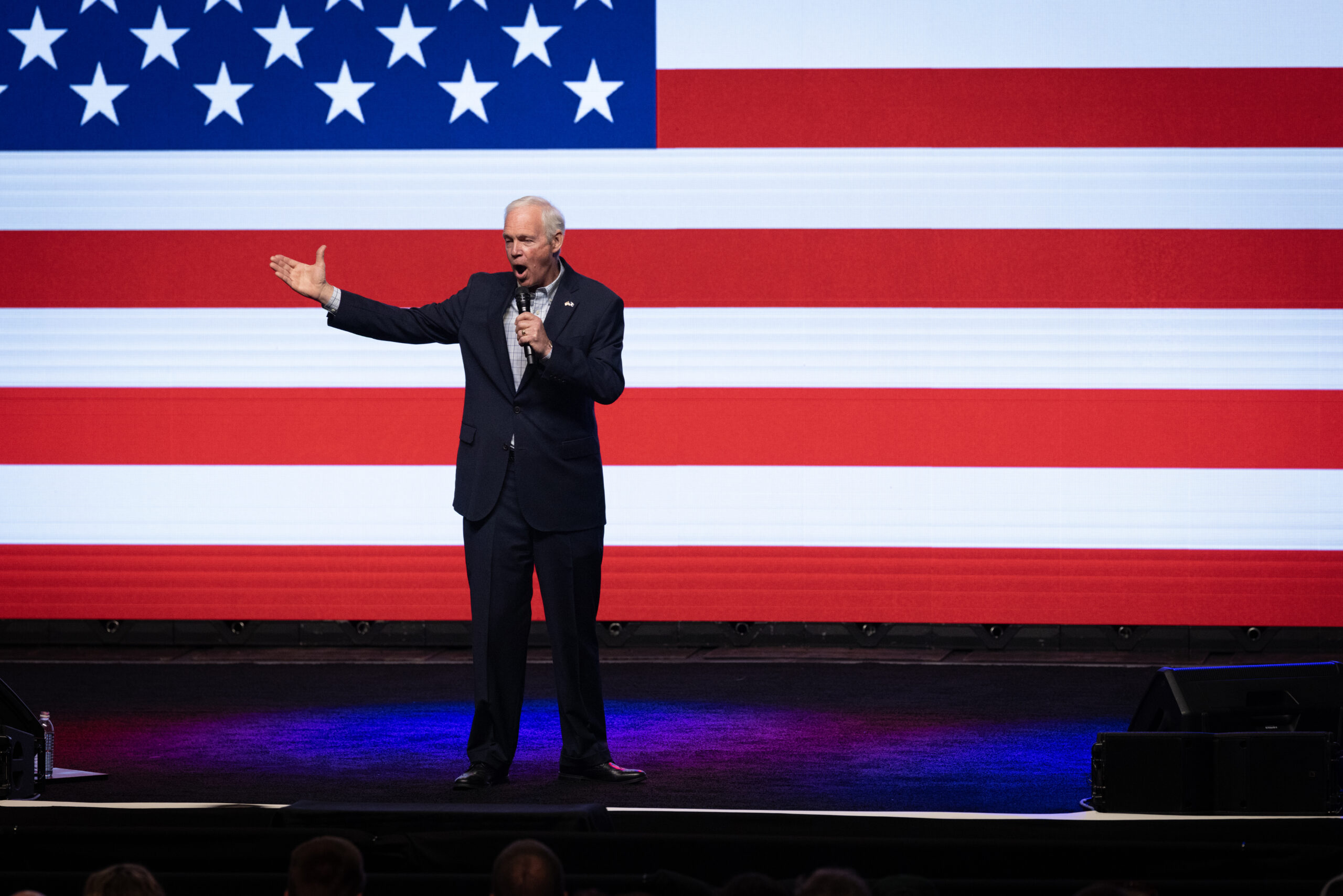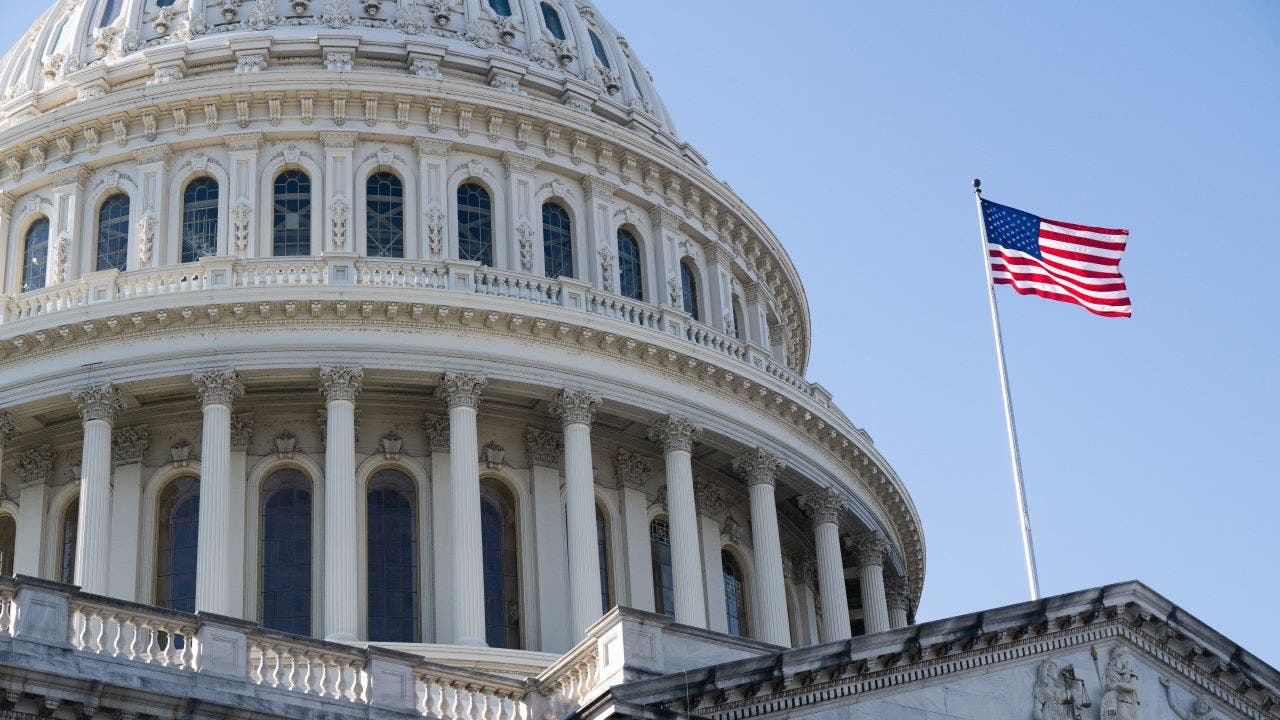Trump Urges Quick Passage of 'One Big Beautiful Bill' Amid GOP Concerns
President Trump calls for swift Senate action on the spending bill, emphasizing tax cuts and spending reductions, while GOP senators express concerns over deficit increases.
Subscribe to unlock this story
We really don't like cutting you off, but you've reached your monthly limit. At just $5/month, subscriptions are how we keep this project going. Start your free 7-day trial today!
Get StartedHave an account? Sign in
Overview
House Speaker Mike Johnson defended the 'One Big Beautiful Bill' on NBC's 'Meet the Press,' asserting it preserves Medicaid while introducing reforms to combat fraud. Critics warn the bill could lead to significant coverage losses due to new work requirements. President Trump has now urged Republicans to expedite the bill's passage before July 4, promoting it as a means to balance the budget and cut taxes. However, GOP senators, including Rand Paul, express concerns over the bill's projected $3 trillion deficit increase and proposed Medicaid cuts. The Senate's revisions may impact key provisions, leaving the bill's future uncertain.
Report issue

Read both sides in 5 minutes each day
Analysis
Analysis unavailable for this viewpoint.
Articles (17)
Center (7)
FAQ
The bill includes significant welfare reform, the largest tax cut and reform in American history, aggressive energy exploration, strong border security measures, preservation of Medicaid with reforms, and aims to cut spending while fueling economic growth. It claims to reduce mandatory spending by over $1.6 trillion and supports small businesses, rural communities, and holds elite universities and large non-profits accountable for tax benefits.
GOP senators, including Rand Paul, are worried that the bill could increase the deficit by $3 trillion and involve detrimental Medicaid cuts. There is skepticism about claims that the bill reduces the deficit, with concerns that the Congressional Budget Office's baseline accounting suggests significant fiscal risk and potential coverage losses due to new work requirements in Medicaid.
The bill aims to preserve the 2017 tax cuts permanently, asserting that maintaining current income tax rates does not add to the deficit. It includes substantial tax reductions and reforms expected to reduce federal tax revenue by about $4.1 trillion conventionally over 10 years, with spending cuts intended to offset this. However, independent analysis estimates the bill would increase the 10-year deficit by $2.6 trillion conventionally and $1.7 trillion dynamically before interest costs.
The bill preserves Medicaid but introduces reforms aimed at combating fraud and implementing work requirements. Critics warn these new work requirements and cuts could lead to significant losses in Medicaid coverage for many recipients, raising concerns about the potential adverse effects on access to health care for vulnerable populations.
President Trump has urged Republicans to expedite the passage of the bill before the July 4 recess. The House has passed the bill, but its future depends on Senate revisions, which may alter key provisions. The Senate GOP's fiscal concerns and potential amendments make the bill's final version and timing uncertain.
History
- 5M

 3 articles
3 articles
- 5M

 3 articles
3 articles
- 5M

 4 articles
4 articles
- 5M

 3 articles
3 articles
